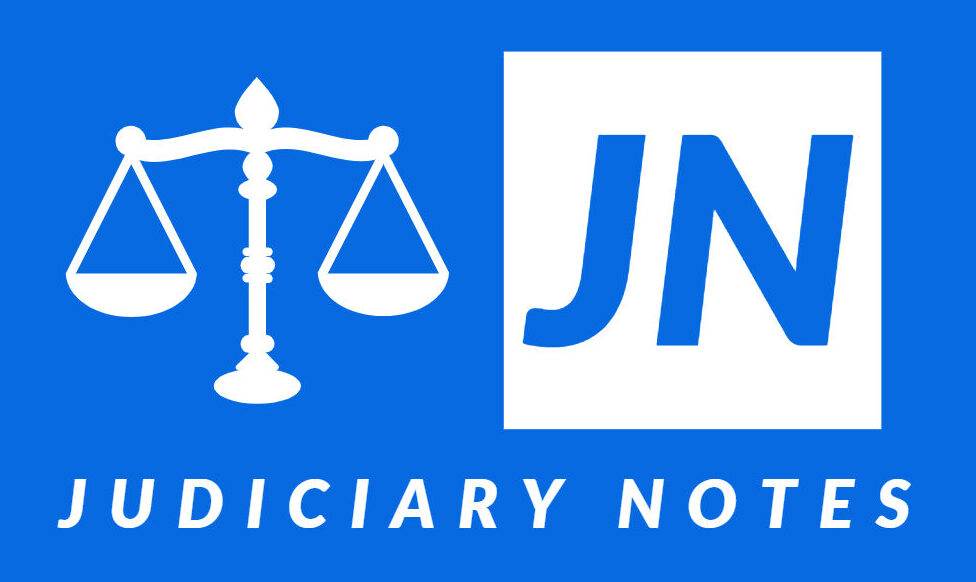The Indian government has introduced a stringent law to combat paper leaks and cheating in public examinations, following recent controversies surrounding the NEET and UGC-NET exams. The new legislation, effective from June 21, 2024, imposes severe penalties, including up to 10 years in jail and fines up to Rs 1 crore for offenders.
Key Takeaways
- New law targets paper leaks and cheating in public exams.
- Offenders face up to 10 years in jail and Rs 1 crore in fines.
- Law covers exams conducted by UPSC, SSC, railways, and NTA.
- Comes amid NEET and UGC-NET paper leak controversies.
Overview of the New Law
The Public Examinations (Prevention of Unfair Means) Act, 2024, aims to prevent unfair practices in public examinations conducted by major bodies such as the Union Public Service Commission (UPSC), Staff Selection Commission (SSC), railways, banking recruitment examinations, and the National Testing Agency (NTA).
Key Provisions:
- Stricter Punishments: Minimum three-year jail term, extendable to five years, for individuals caught leaking exam papers or tampering with answer sheets. Offenders will also face fines of up to Rs 10 lakh.
- Non-Bailable Offences: All offences under the Act are classified as cognisable and non-bailable, meaning authorities can arrest individuals without a warrant and they cannot seek bail as a right.
- Accountability for Service Providers: Examination service providers who possess knowledge of a potential offence but fail to report it can be fined a hefty Rs 1 crore.
- Targeting Organised Crime: The law takes a harsher stance on organised cheating. Senior officials within service providers who knowingly participate in or facilitate such activities face a minimum three-year sentence, potentially extending to 10 years, along with a Rs 1 crore fine. Examination authorities or service providers involved in organised exam malpractice can be imprisoned for a minimum of five years and a maximum of 10, with the same Rs 1 crore fine.
- Protections for the Innocent: The Act offers some protection to individuals who can demonstrably prove that the offence was committed without their knowledge and that they tried their best to prevent it.
Background and Context
The law was enacted amid a massive controversy surrounding the NEET and UGC-NET exams, which have been marred by allegations of paper leaks and irregularities. The UGC-NET 2024 exam was cancelled following inputs that the integrity of the exam may have been compromised. This cancellation affected over 9 lakh candidates who appeared for the exam across 317 cities.
The NEET exam, held on May 5, 2024, with about 24 lakh candidates, also faced allegations of question paper leaks, particularly in Bihar. The Central Bureau of Investigation (CBI) has registered a case to probe the question paper leak of the exam conducted by the NTA.
Reactions and Implications
The Opposition Congress party has termed the Centre’s decision to implement the law now as “damage control.” Congress leader Jairam Ramesh stated that while the law was needed, it deals with question paper leaks and other irregularities after they have occurred. He emphasized the importance of laws, systems, processes, and procedures to ensure that leaks don’t happen in the first place.
Union Education Minister Dharmendra Pradhan took “moral responsibility” for the loss of faith among youth and students. The education ministry’s decision to cancel the UGC-NET exam came as a surprise to senior officials of the NTA, given that it was already under fire for alleged irregularities in the conduct of the NEET undergraduate exam.
Future Outlook
The ongoing controversy could also delay the Central University Entrance Test (CUET-UG) results and cast a shadow over the undergraduate admissions calendar across Central universities. The NTA has postponed the biannual Joint CSIR-UGC-NET exam, citing unavoidable circumstances and logistic issues. About 2 lakh candidates were expected to appear for this exam from June 25 to 27.
The new law aims to restore faith in the examination system by ensuring stringent measures against malpractices and protecting the integrity of public examinations in India.
Sources
- Centre notifies anti-paper leak law amid NEET, NET row: Rs 1 crore fine, jail up to 10 years for offenders | India News – The Indian Express, The Indian Express.
- New law cracks down on paper leak with Rs 1 crore fine, 10-year jail term – India Today, India Today.
- Anti-paper leak law explained: Fine up to Rs 1 crore, 10-year jail term; law aims to end malpractices – The Week, The Week.
- Anti-paper leak law comes into force amid NEET row: Upto 10-year jail term, Rs 1 crore fine for offenders – India TV, India TV News.
- NEET, UGC-NET 2024 row: 10 year jail term, ₹1 Cr fine as punishments in new ‘anti-paper leak’ law. Full details here | Mint, mint.

